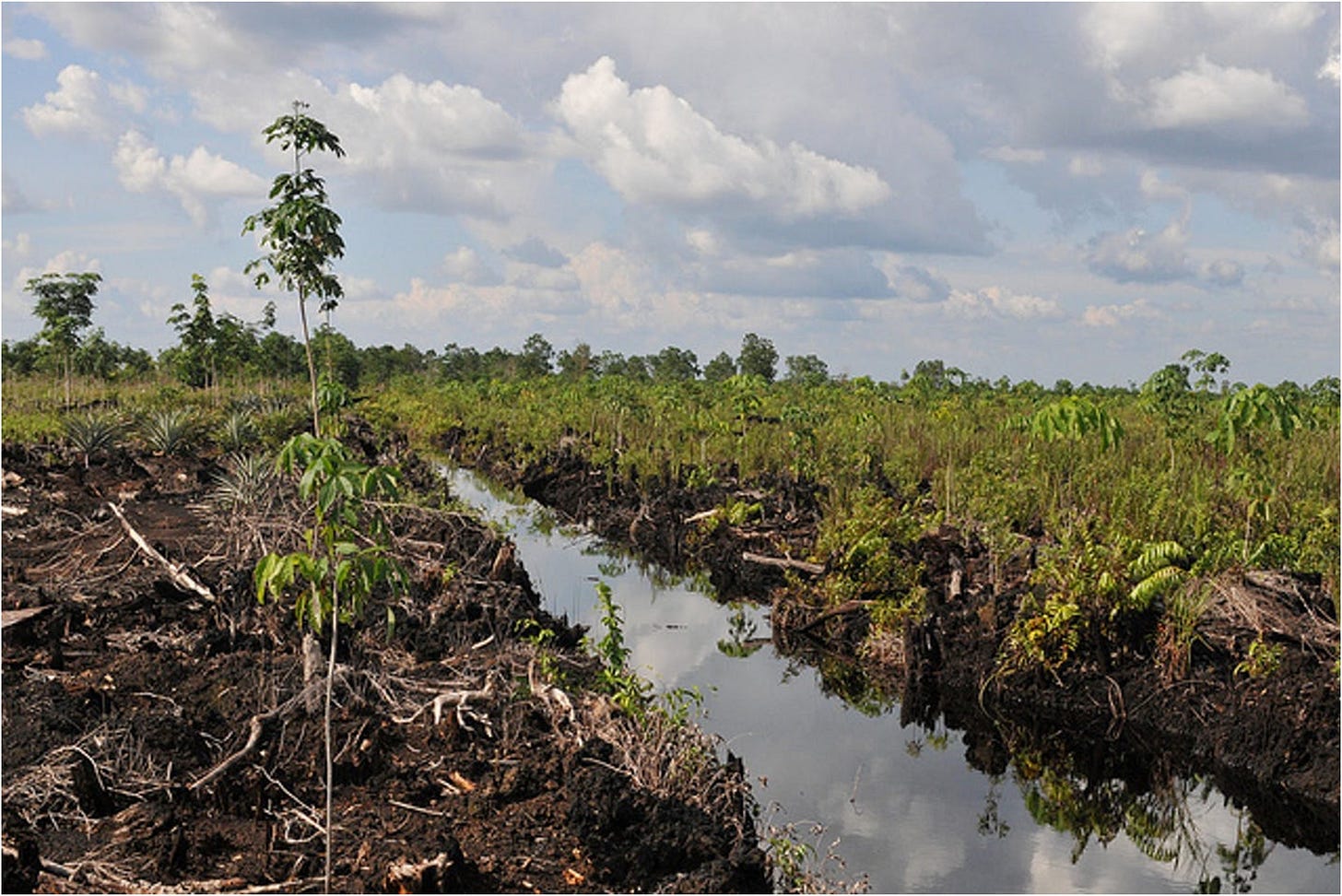Indonesia Eyes Peatland for Food Sovereignty
Massive project raises environmental concerns

By: Ainur Rohmah
The Indonesian government is making a bold bid for food security by opening hundreds of thousands of hectares in Kalimantan and Sumatra to industrial farming, outraging environmentalists who say the plan will destroy peatlands critical to combating global warming, and alarming rights activists who say former General Prabowo Subianto’s ro…
Keep reading with a 7-day free trial
Subscribe to Asia Sentinel to keep reading this post and get 7 days of free access to the full post archives.
